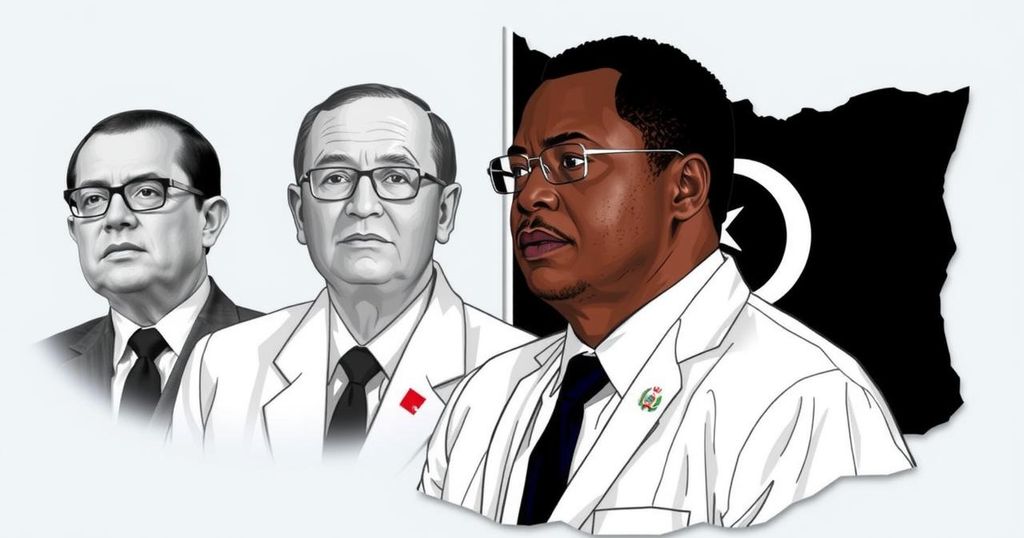UN Initiates New Efforts to Resolve Libya’s Electoral Standoff

The United Nations has convened a technical committee of Libya experts to address electoral disputes and expedite national elections. Following the collapse of a 2021 election due to candidate eligibility disagreements, the committee aims to navigate outstanding electoral law issues. Meanwhile, Prime Minister Dbeibah remains reluctant to relinquish power without elections, amidst ongoing skepticism from the public regarding the sincerity of political leaders’ intentions.
The United Nations has initiated a renewed effort to address the ongoing election impasse in Libya by convening a technical committee of experts. Stephanie Koury, the acting head of the U.N. mission in Libya (UNSMIL), announced this development, aiming to resolve disputes over electoral laws and expedite the long-anticipated national elections. The political dialogue has stagnated since a scheduled election in December 2021 was thwarted due to disagreements regarding candidate eligibility.
The newly established committee will explore pathways to facilitate elections swiftly, incorporating proposed guarantees and establishing a definitive timeline. The Government of National Unity (GNU) under Prime Minister Abdulhamid al-Dbeibah emerged from a U.N.-sponsored initiative in 2021, yet its legitimacy has since been challenged by parliament, leaving Dbeibah adamant about retaining power until national elections are conducted.
Libya, which has grappled with instability since the NATO-backed uprising in 2011, remains polarized between eastern and western factions that wield separate governing authorities. Despite the political leaders advocating for elections, widespread skepticism among the populace persists regarding their true intentions, particularly fearing a loss of their current power dynamics. Koury emphasized the ongoing commitment of UNSMIL to support the unification of Libya’s military and security sectors, aiming for comprehensive national reconciliation.
Libya has faced prolonged turmoil following the fall of Muammar Gaddafi in 2011, with conflict intensifying after the 2014 split between rival factions in the east and west. The muddled governance has led to chronic instability, stalling progress toward democratic elections. While a Government of National Unity was formed in 2021 with U.N. backing, the subsequent failure to hold elections has exacerbated political strife and public disillusionment. The United Nations has consistently been engaged in efforts to mediate and promote dialogue among Libyan factions in pursuit of stabilization and democratic governance.
The U.N.’s latest initiative represents a critical step towards resolving the electoral stalemate in Libya, aiming to reconcile conflicting interests and forge a path to legitimate elections. The establishment of a technical committee underscores a focused approach to addressing electoral uncertainties and facilitating a timely democratic process. However, the underlying skepticism among Libyans could present substantial challenges to achieving a unified political resolution, making the success of U.N. efforts more crucial than ever.
Original Source: www.voanews.com








